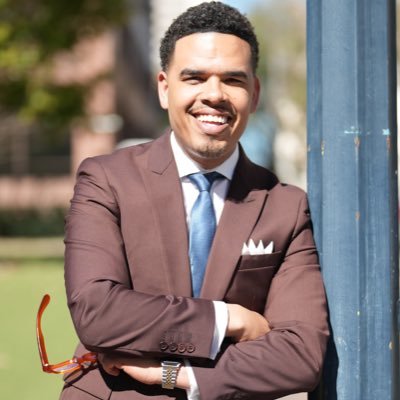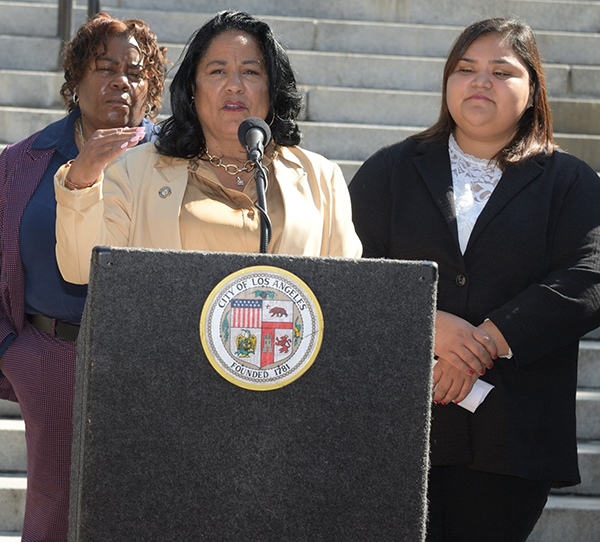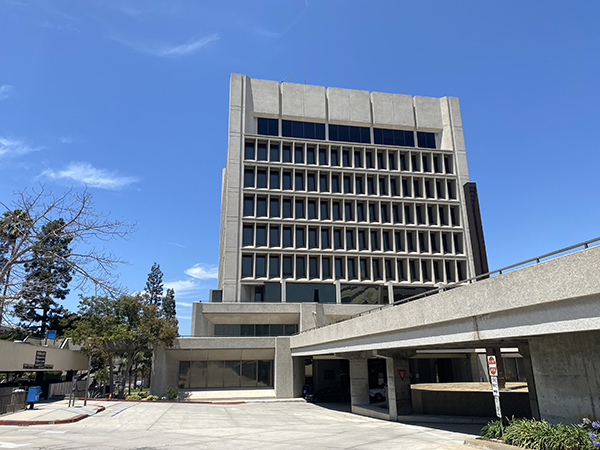By Shirley Hawkins, Contributing Writer
LOS ANGELES — With thousands of residents reeling from losing their jobs due to the coronavirus pandemic and who are now struggling to stay in their homes, save their struggling businesses and pay their bills, KJLH Front Page radio host Dominique DiPrima held a virtual town hall Aug. 1 where a number of experts discussed available resources to help residents through the crisis.
The guests included county Supervisor Mark Ridley-Thomas, Director of Consumer and Business Affairs Joseph Nicchitta, founder of the Crenshaw Legal Clinic attorney Nana Gyamfi, L. A. Tenants Union founder Zerita Jones, founder of Wealth Management Financial Advisors Marie Dearie, U.S. Rep. Nanette Barragan and singer and activist Goapele.
“Families who have lost their jobs are on the verge of being homeless,” Ridley-Thomas said. “That’s why we have a county eviction moratorium in place until Sept. 30. After the moratorium is lifted, the county, city, state, and the federal government need to be ready to provide services.”
With tenants being harassed by landlords and facing illegal evictions, Ridley-Thomas said that help is available. He added that the county acted on a motion July 28 submitted by himself and Supervisor Sheila Kuehl to provide $8.7 million for the county Department of Consumer and Business Affairs to fund the eviction defense program and an additional investment of $5 million is expected.
“This unrelenting crisis has had a dire impact on low-income renters and property owners,” Ridley-Thomas said. “It’s been estimated that up to 20% of [people] who have lost their jobs could end up homeless. These families need help right now and nothing is more critical than providing the financial support needed to keep a roof over one’s head. Residents can have a lawyer assigned to them for free.”
Nicchitta said that resources will be available at the county’s help center.
“The program will start in mid-August and all of the resources are warehoused in our help center to help landlords and small business owners,” he said. “Residents can go online to www.lacountryhelpcenter.org.”
“It’s really critical for us to be engaged,” Ridley-Thomas said. “Residents who want information on COVID-19 can also go to www.covid19.lacounty.gov or call 211 for information.”
Even though there is currently a countywide COVID-19 rent moratorium in place to protect tenants, the panelists informed listeners that some landlords are illegally evicting tenants who have fallen behind in their rent.
“With the lockouts and the eviction violators and the harassment, tenants are actually stressed out,” said Jones of the L.A. Tenants Union. “You cannot evict someone or block their property without a court order and it has to be done by the sheriff’s department.
“We have rapid response teams to try to get them back into their apartments if they’ve been locked out and we also contact the police,” Jones added.
Gyamfi said that many tenants are being pressured by their landlords to pay rent.
“Because of the intimidation and harassment, people are agreeing to make payments (to the landlord).” she said. “People are thinking that they have to enter into a separate contract where they agree to pay what they owe. Unfortunately, when they enter into this contract, they could be depriving themselves of their rights under the moratorium.”
Jones said that keeping track of the regulations surrounding tenants’ rights is an ongoing process.
“The [government] changes everything, sometimes daily or weekly. I’m on the line with lawyers on Zoom several times a week and we are just trying to make sense of it.”
Deary said that there are several government programs available.
“The Small Business Administration has two of the biggest stimulus programs for small businesses … the Economic Injury Disaster Loan and the Paycheck Protection Program.”
“Several business owners have had to close their doors completely as a result of the pandemic. In order for business owners to avoid the unemployment rolls, [the federal government] made this money available.”
Deary added that she is working with sole proprietors and the self-employed and that many people who work for themselves are not aware that they may be eligible for loans.
“That means the truck drivers, the beauty salons and so forth,” she said. “They have to apply to the SBA and the PPP for assistance. Residents can apply to online banks and other lending institutions that have been certified by the SBA.”
“What about mom and pop landlords?” DiPrima said. “For many, that is the only wealth that we have in the community.”
“Those that have mortgages should be able to write a letter to their mortgage company and tell them that they have been affected by COVID,” Jones said. “There is a grace period of 180 days, which can be granted twice. But what we are finding is that the Bank of America and Wells Fargo are not granting the extensions.”
“The NAACP is referring people to banks that are more likely to grant them a loan,” DiPrima added.
“People are not understanding that the moratoriums are different in the state, city and county,” Gyamfi said. “The government is not providing protection from landlord harassment and not providing clear information for people to follow.”
Ridley-Thomas said that information on rent relief is available by accessing www.lacca.org.
“If you can’t pay, please don’t be stressed out,” Jones said. “Just stay at home, stay in place, stay safe and basically just stay alive because tenants that pass away from COVID aren’t going to be paying any rent at all. Hang in there.”
“There are people out there that will help you.” Barragan said, “Banks are awarding their friends with PPP loans. We need federal legislation to force the banks to give those funds to struggling small business owners.”
Barragan said Congress is working on the next round of financial assistance to help struggling residents.
“We are negotiating the next round of assistance. Call our office and we will help you,” she said.












